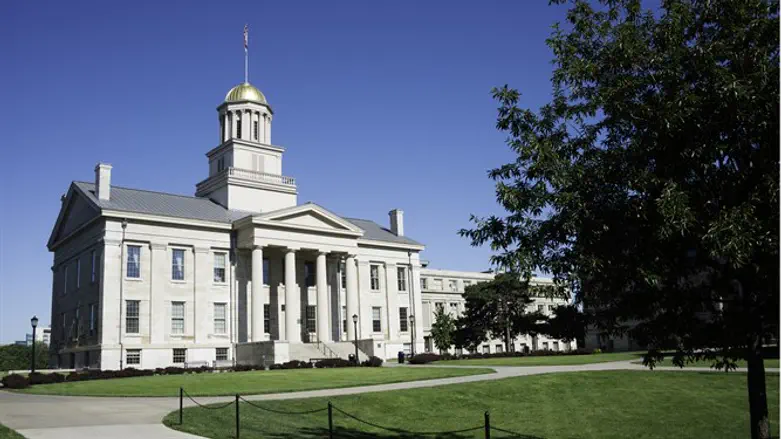
The University of Wisconsin-Madison (UW-Madison) Faculty Senate has issued an apology for scheduling the first day of class this year on Rosh Hashanah, pledging to alter the process it utilizes to construct its calendar to avoid similar scheduling issues in the future, the Lacrosse Tribune reported.
Five other University of Wisconsin campuses had similar scheduling conflicts this year.
Late in 2020, Jewish groups noticed that the first day of the fall semester at UW-Madison was on Rosh Hashanah.
In April, UW Hillel and the Wisconsin Jewish Conference asked the University of Wisconsin to reconsider moving the first day of classes.
In response, university administration expressed sympathy with Jewish students but stated that the academic calendar is set way in advance and could not be altered at that point in time.
Again in July, Jewish students and faculty called on the university to consider changing the first day of classes, with administration again giving a similar response.
At the time, Chad Goldberg, a professor at the UW-Madison campus who is associated with the Center for Jewish Studies, told the Wisconsin State Journal: "There is no question that it sets an exclusionary and unwelcoming tone for Jewish students, staff and faculty.”
The UW-Madison Faculty Senate is the representative body for over 2,300 professors. It approves academic calendars drafted by university administration years ahead of time.
Goldberg spoke at a Faculty Senate meeting on Monday, describing the situation as a “collective failing.”
After months of criticism from Jewish groups, and other religious groups who also spoke up in support of the Jewish community, Chancellor Rebecca Black issued an apology in the summer.
The Faculty Senate vote unanimously at its meeting to approve Black’s apology, also voting to increase scrutiny of future academic calendars in order to avoid conflict with religious holidays.
UW Hillel CEO Greg Steinberger applauded the apology from the governing body, as well as their pledge to use due diligence when approving future calendars. However, he told the Tribune that UW-Madison is far behind other universities when it comes to religious accommodation.
“We continue to look for specific changes by the administration to ensure the university is accountable and properly trains its various units on the rights of all students and staff as it relates to religious observances,” he said.
